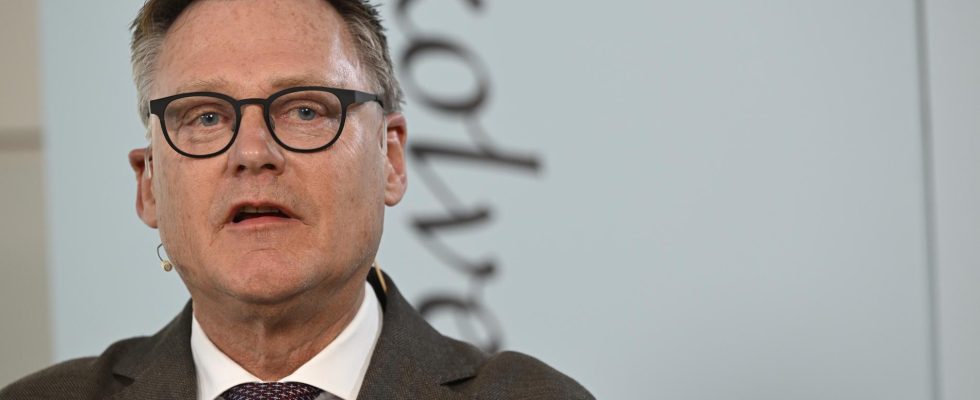The gaps in Swedish schools are increasing, and the support for those who need it is introduced too late or sometimes not at all.
In order to turn the trend around, the state needs to take greater responsibility in some areas, writes Skolverket director general Peter Fredriksson on DN Debatt.
On Friday, the Swedish National Agency for Education presents its assessment of the situation and development in the school system for pre-school, school and adult education.
Seen in an international comparison, Swedish students’ knowledge is at a good level. However, there are several clouds of worry in the sky, according to the National Education Agency. The differences between students’ results are increasing, as are the differences between principals and schools.
“In our analysis of the situation in the school, it becomes clear that there are too great differences in Swedish schools and that the schools are not able to compensate for the students’ different conditions. Swedish school is not a school for everyone,” writes Peter Fredriksson.
The Swedish National Agency for Education lists a number of issues that the authority sees as particularly important for the school to become more equal. It is about attracting more qualified and experienced teachers to schools with poorer socio-economic conditions, but also that support efforts for students in need are put in place earlier.
At the same time, the Swedish National Agency for Education wants to see that the state takes greater responsibility in several issues. According to the authority, the entire state funding of the school needs to be reformed.
“There is great variation between municipalities in how they allocate resources to schools. The Swedish National Agency for Education sees that in the long term the state needs to take greater responsibility for the financial management of the school,” writes Peter Fredriksson.
